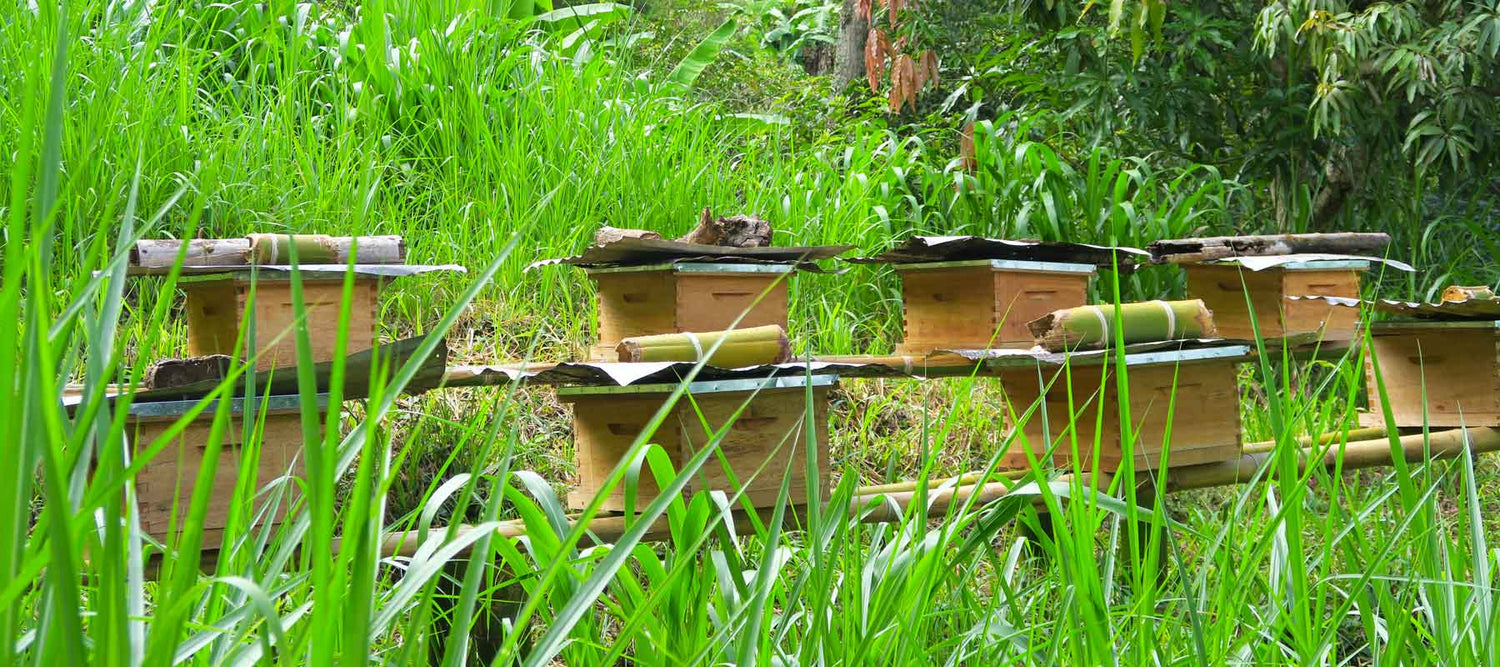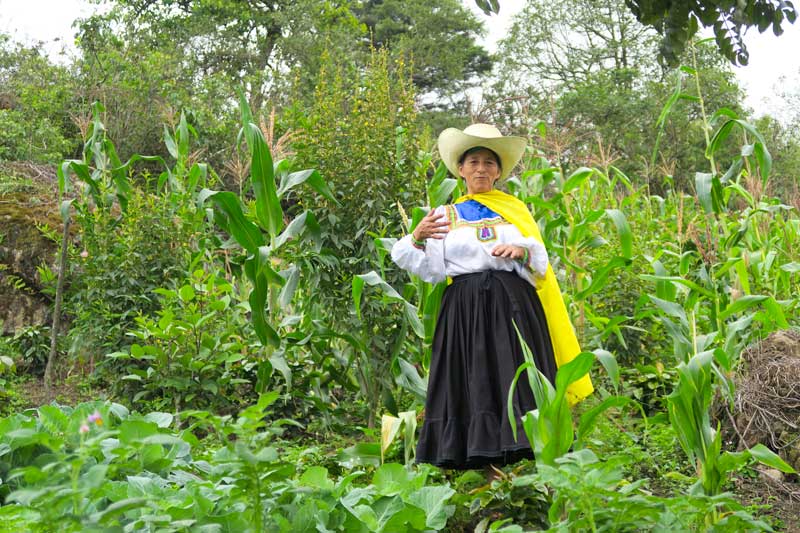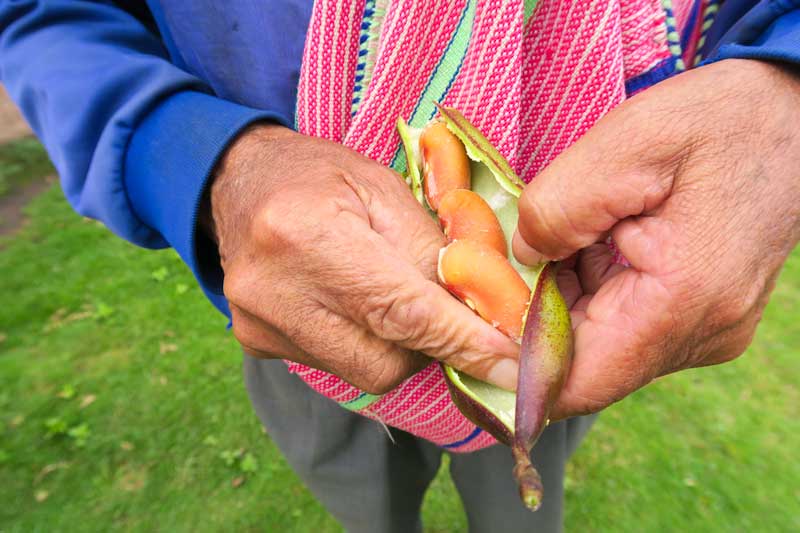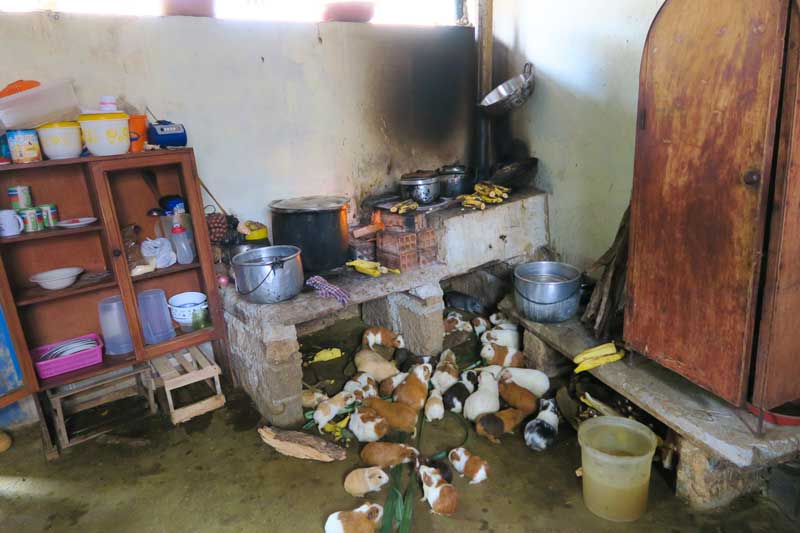Honey, cocoa, vegetables, cui …sustainable income and better nutrition.
-
Income through coffee can be unpredictable and is often insufficient to support families. Coffee farmers are exposed to climate risks, adverse weather, and agricultural risks, including pests and diseases. Our coffee farming communities have experienced this impact for many years. For example, rainfall in the Lambayeque region in Northern Peru, particularly, has decreased from six months to four months per year in recent years.
Approximately seven years ago, coffee leaf rust (disease) decimated many of the coffee crop. As a result, farmers have been replanting with more drought, pest and disease-resistant coffee varieties. However, the aftermath is still felt, as a coffee tree takes approximately four years to produce its first harvest of coffee cherries.
-
Income diversification is an essential strategy for our coffee farmers. Buying through the Café Femenino Program means we, as coffee roasters, donate an additional percentage of the purchase value to the Café Femenino Foundation. In addition, with funds from other roasters and supporters, unique and impactful projects such as vegetable gardens, beehives, cocoa farms, and the farming of ‘cui’ (guinea pigs as a much-needed source of protein) are paving the way towards a more sustainable and diversified income.







